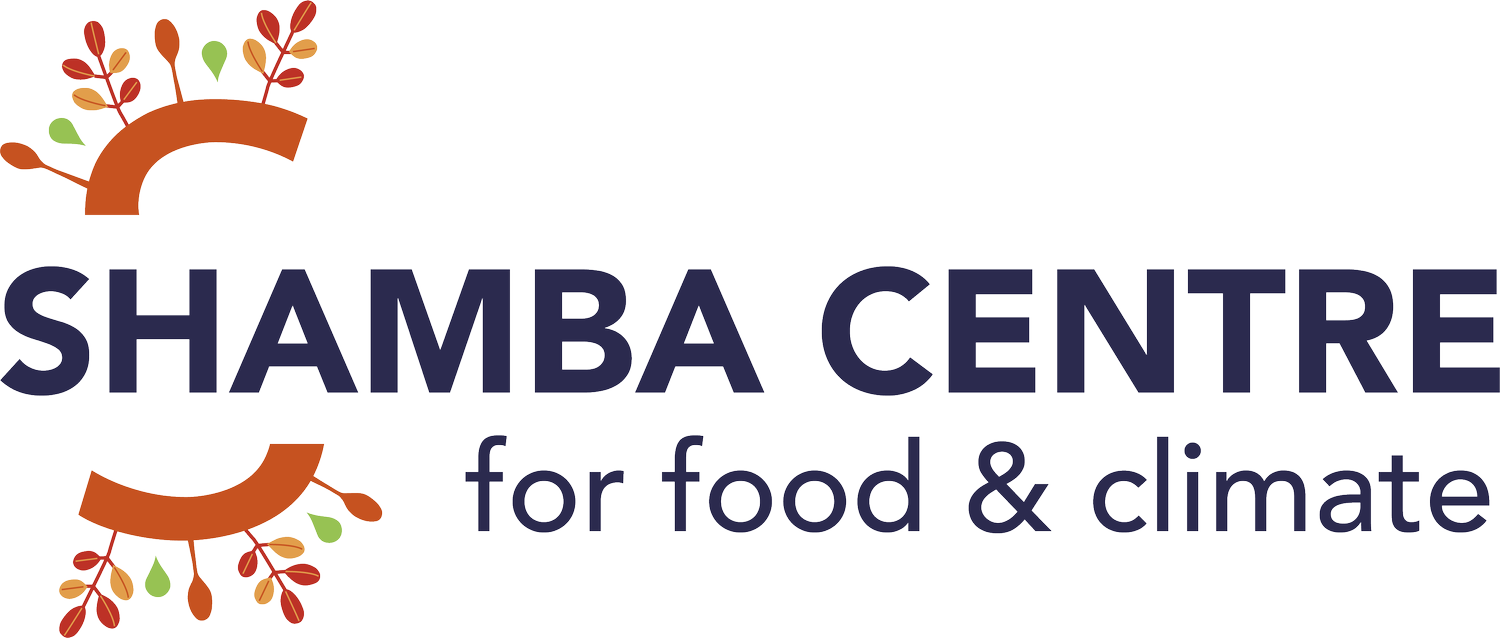
Launch of new Agrifood Anti-Monopoly Tracker and first key findings
11 December 2024
A new paper published by the Shamba Centre has uncovered at least 8 cases of anti-competitive conduct investigated by national authorities that may impact an additional 30 African countries. These cases merit further investigation.
African competition authorities may also have missed another 19 incidents of mergers which should have attracted their attention: 13 instances of cross-border mergers that may not have been properly notified in neighbouring countries and 6 instances of mergers that may not have adequately assessed the harm to competition.
These findings are based on the first edition of the Anti-Monopoly Tracker which spans a 15-month period from 1 January 2023 to 30 March 2024 and covers 98 cases in the agrifood sector considered by 13 operating competition authorities: 11 countries and two regional economic blocs. It includes merger notifications, cases of anti-competitive behaviour and market research undertaken by competition authorities. Users can search information by date, type of competition issue and the competition authority that reviewed the issue.
Tip of the iceberg
However, as ongoing research by the Shamba Centre and the University of Johannesburg’s Centre for Competition, Regulation and Economic Development (CCRED) suggests, this is likely only the tip of the iceberg and many more cases of anti-competitive conduct exist but remain undetected and unreported
While the level of activity by African authorities in countries with competition regimes in place is a positive sign, some competition matters remain unnoticed, or enforcement is weak. This has dire consequences for consumers and small businesses who struggle against entrenched anti-competitive firms.
Competition authorities in Africa need technical and legal support to build capacity and skills to effectively enforce competition laws and policies. Better coordination and cooperation between regional competition authorities as well as with national authorities will ensure that cross-border anti-competitive conduct is better regulated.
